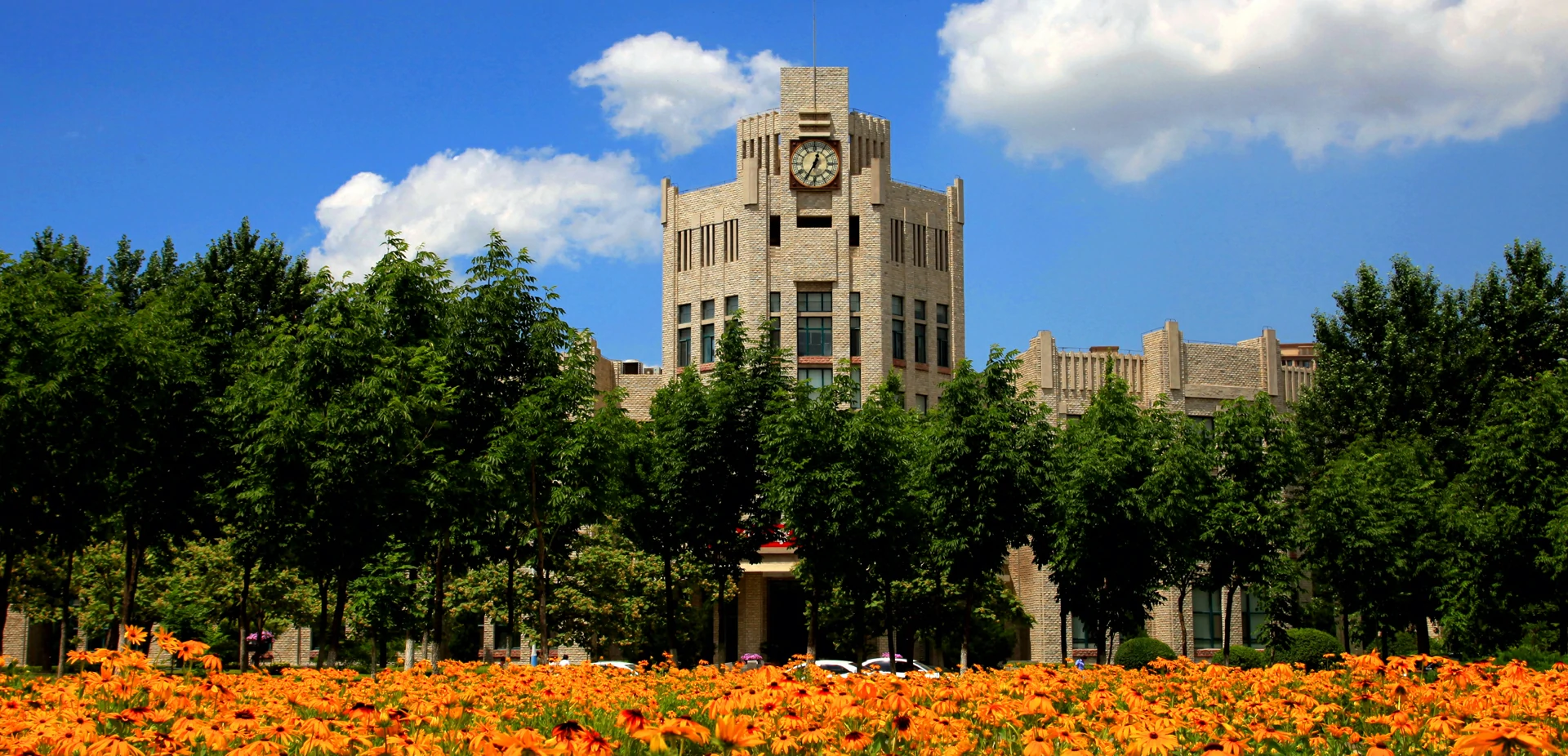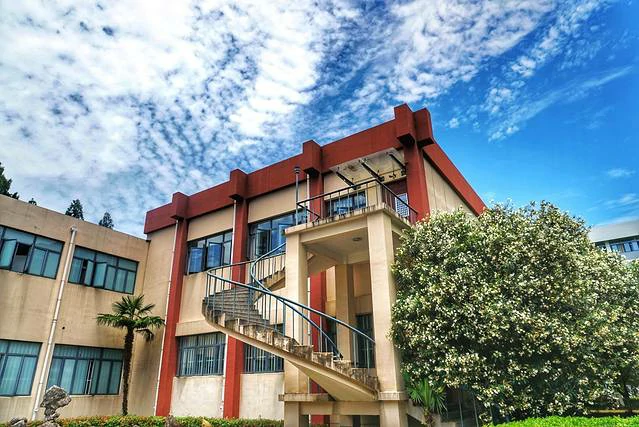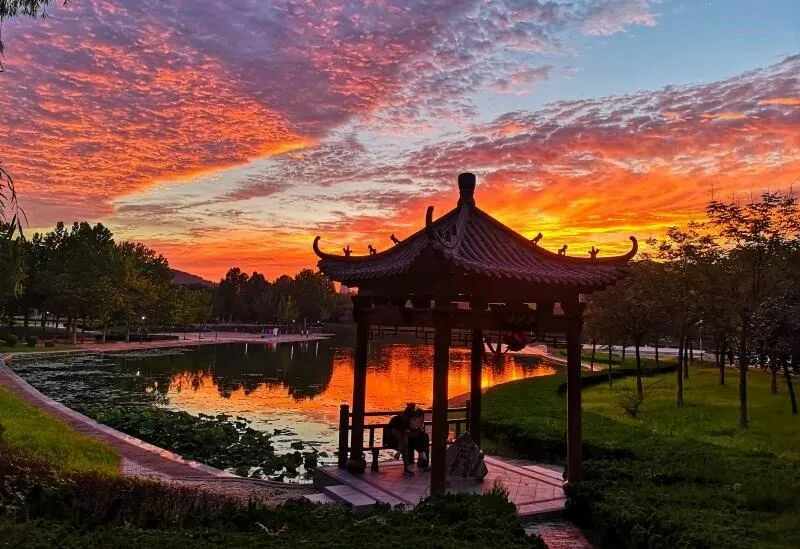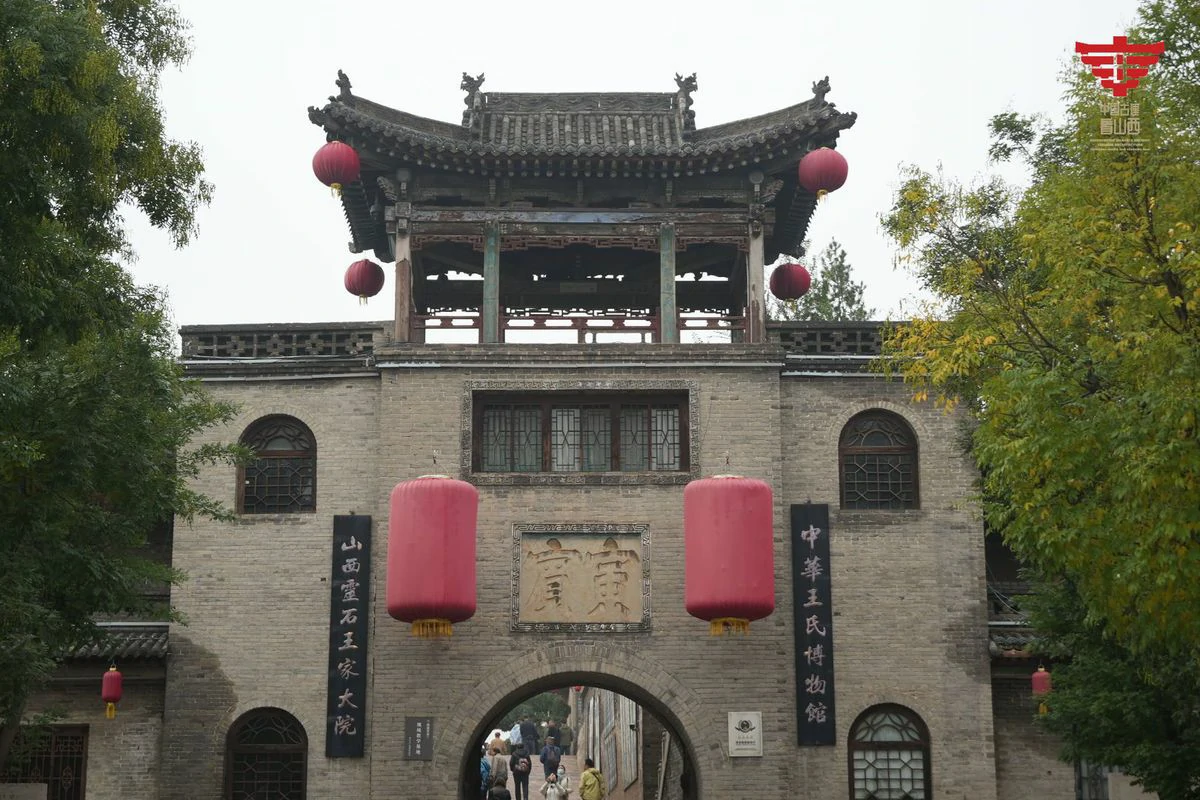
Dear International students, we invite you to apply to Hangzhou Normal University. Founded in 1908, it’s a well-respected institution. Located in the beautiful city of Hangzhou, the university offers ...

On May 29, over 120 international students from Huazhong University of Science and Technology took part in a dragon boat friendship race on Wuhan's Yujia Lake as part of the "Journey...

Hello, future international students! Congratulations on your acceptance to study in China! As you prepare for this exciting journey, we’ve put together a helpful guide to make your pre-a...

How does Students under 18 Apply to Study in China? Many agents have asked us whether students under 18 can study in China. The answer is yes. We know many students graduate at 16 or 17 and don’t ...

How is this university? World-Class Academics 🏆 Double First-Class Initiative University 🎖️ Key Institution of the 211 Project Vibrant Campus Life 🏛️ Historic Campus with modern smart cla...

When the sun crosses the celestial longitude of 135° on August 7, 2025, nature quietly begins autumn's prelude. As one of the "Four Commencements" in China's 24 solar terms, Liqiu (Be...

Why Choose? ✔ Vibrant Location: Study in Changsha – a city of innovation, spicy Hunan cuisine, and rich culture. ✔ Affordable Education: High-quality vocational education, with affordable...

As a leading 211 Project university, which offers an excellent one-year Chinese language program for international students. Featuring small-class instruction taught by experienced faculty, ...

Spring 2026 Chinese Language Programs – Multiple Cities & Durations! 🎓 Explore China and master its language through our diverse 2026 spring intake programs! 🎓 Choose from flexible ...

A group of content creators and international students were treated to an immersive tour of ancient Chinese residential complexes and civilization sites in the cities of Jinzhong and Linfen, North C...

